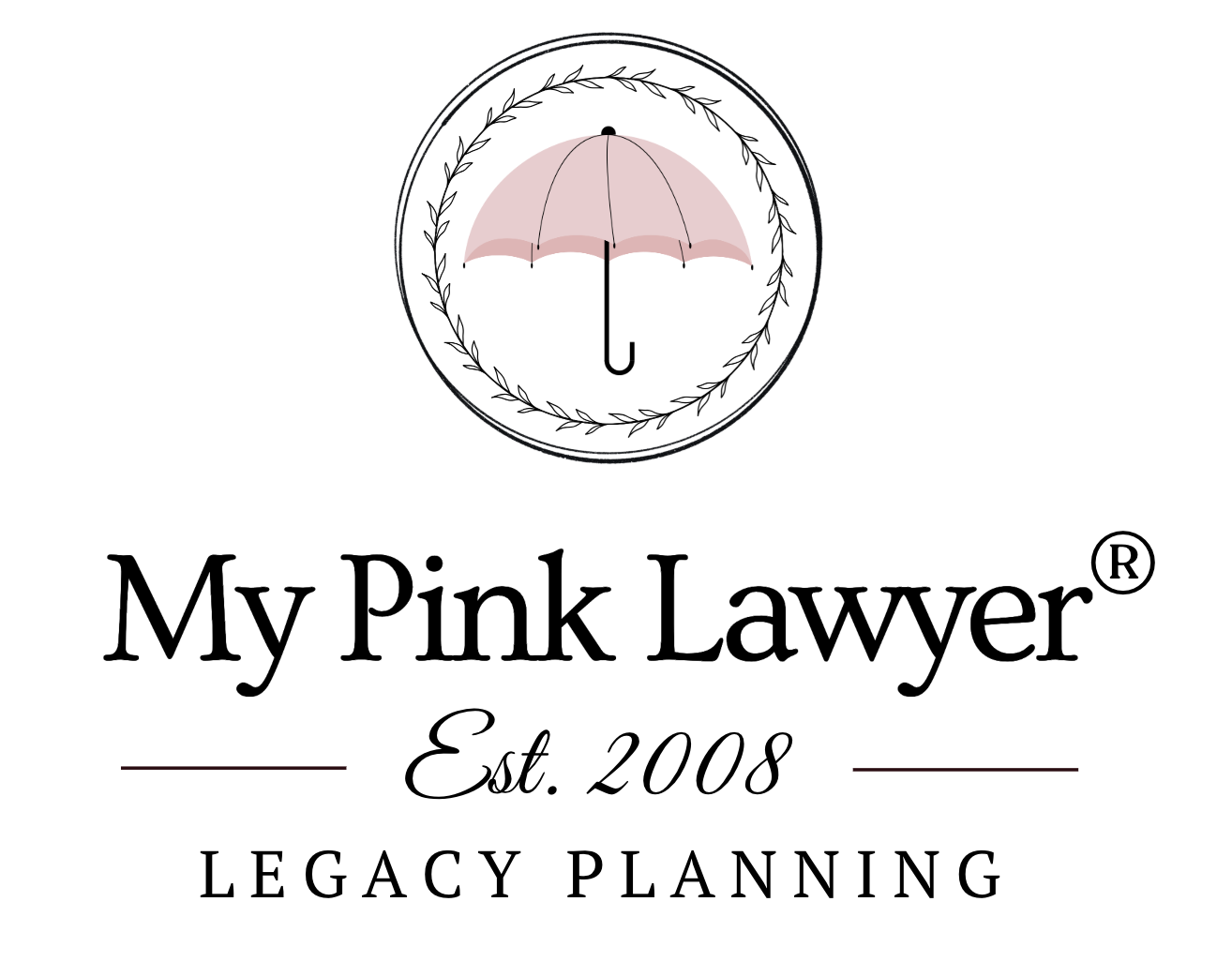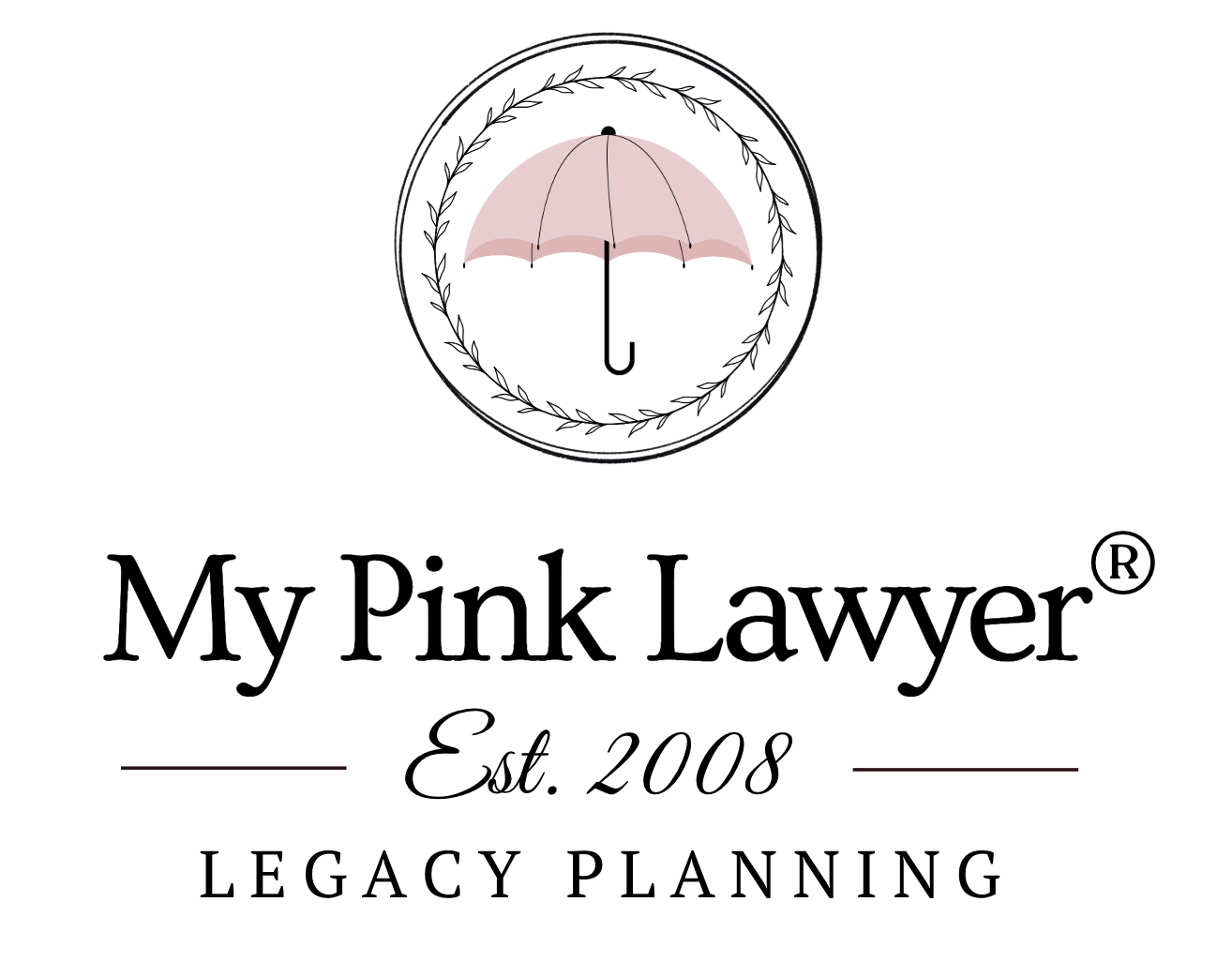“What’s the difference between a Will and a Living Trust?,” I was asked recently by a client during our initial consultation.
A common question, usually followed up by, “Which one is better?”
Well, it depends.
I know. Not a satisfying answer so a bit of education about Wills and Living Trusts are in order.
 Both Wills and Living Trusts are written documents – just stacks of paper. They can accomplish pretty much the same thing (passing wealth and property to loved ones at death).
Both Wills and Living Trusts are written documents – just stacks of paper. They can accomplish pretty much the same thing (passing wealth and property to loved ones at death).
However, how they get there couldn’t be more different.
The most glaring (and appealing) difference between the two documents is that a Trust avoids probate, while a Will requires it!
A lot of clients come into our office thinking that a Will allows them to avoid probate. That’s simply not the case.
A Will is what a probate Judge uses to discern who should inherit your assets (and sometimes, dictates how they will receive them), who should serve as your Personal Representative, etc.
A Will is essentially a “roadmap” for the probate Judge to follow throughout the probate process. You are “speaking from the grave” through your Will to the judge and your court appointed personal representative about who should inherit your property and other assets and upon what terms.
Although a Living Revocable Trust also allows you to “speak from the grave” about your wishes, a living trust avoids probate because it is a legal entity that owns your assets.
Even though you pass away, the trust itself is still alive and well so to speak and you’ve named in advance the person or people to take over as successor trustees of the trust to carry out your wishes. No court involvement needed.
A Living Trust is established during a person’s lifetime by a written document, and a legal entity is created to hold ownership of an individual’s assets. The individual who sets up a trust is called a “Settlor.”
A Settlor transfers ownership of her/his assets to their Living Trust which is called “funding” the Trust.
The Living Trust then owns your property, which can include real estate, personal property, bank accounts, investment accounts, and more, and typically the Settlor remains the beneficiary and trustee of the trust assets during their lifetime.
When the Settlor dies, the Living Trust document specifies how these assets will be disbursed and who will take over management of the trust without the need for probate court intervention.
The reason many people prefer to avoid probate, if possible, is because the probate process is oftentimes lengthy and expensive.
Assets held in a Living Trust pass to the named beneficiaries immediately upon the Settlor’s death (or upon whatever terms and conditions you pre-establish), without the need for any court involvement whatsoever.
However, a Living Trust is not always the only way to avoid probate.
In fact, in certain situations, Living Trusts can be overkill and unnecessary for clients which is why we don’t always recommend them.
A Living Trust is typically more expensive to establish than a Will due to the legal work that is involved (substantially more drafting, “funding,” and retitling accounts) and admittedly, can be more complex.
And since Florida provides some excellent, less-complex methods for avoiding probate, those other options can (and should) be explored to see if they are appropriate for your situation before committing to a Living Trust.
As you can probably tell from this article, estate planning is not a one-size-fits-all approach.
Each estate and legacy plan from our office is custom designed to meet a client’s and their family’s needs. Plus, we try to keep our plans simple, uncomplicated, and cost effective.
So there you have it. A brief overview of some key differences between a Will and a Living Trust.
If you’re ready to learn more about which estate planning vehicle will work best for your family, we’re here to help.
We offer $197 no-obligation initial estate planning consultations.
Or, if you’re not ready to commit to an official consultation just yet, we also offer FREE 10 minute exploratory calls so you can see if you want to move forward to working with us.
You can schedule either appointment by phoning our office or emailing us.
I can’t wait to chat with you about your situation!
Amanda “One Size Never Fits All” Lynch Elliott
850-439-1191







